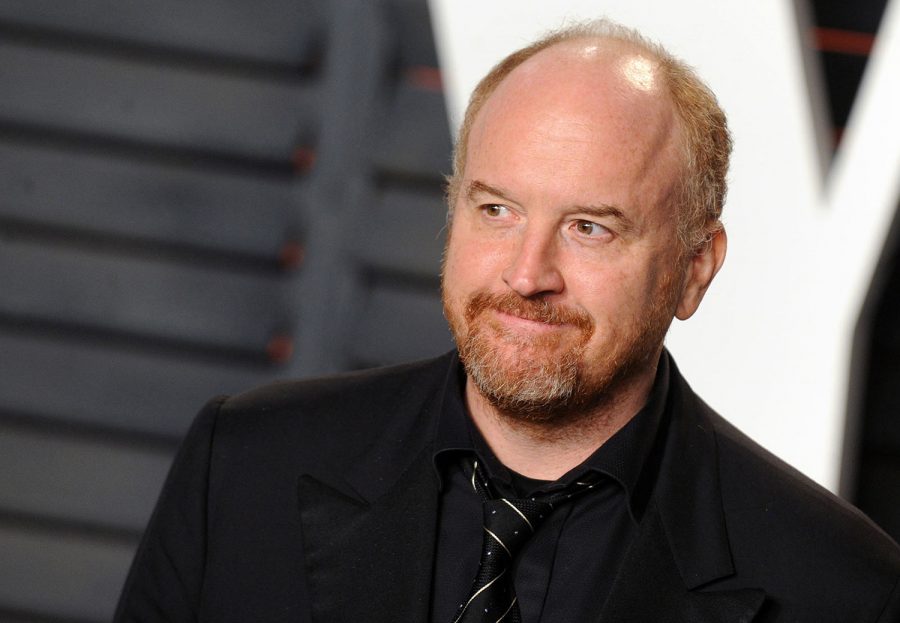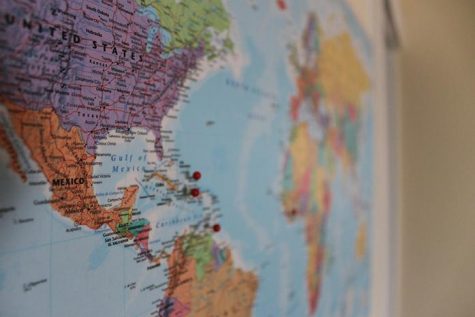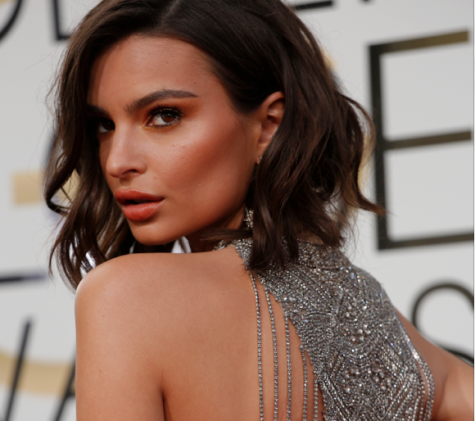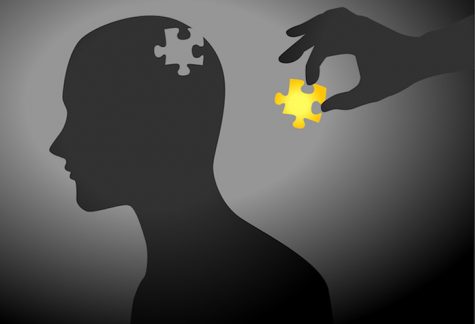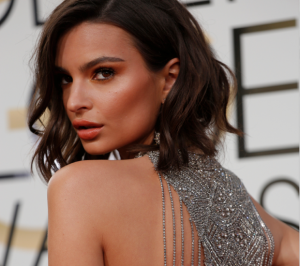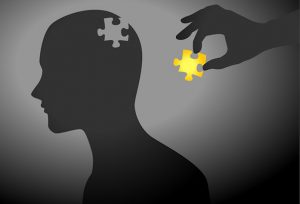Shaw: Racial stereotypes? They can be a riot.
Racial stereotypes and racism have existed for over a century. As human beings we inherently do this — it’s the value judgements that inform these stereotypes that become harmful.
Louis C.K. arrives at the 2016 Vanity Fair Oscar Party on February 28, 2016, in Beverly Hills, Calif. (Dennis Van Tine/UPPA/Zuma Press/TNS)
February 10, 2019
Comedians have a history of making racially charged jokes, dating back to popular acceptance of them following the end of the Civil War in 1865. The adoption of harmful stereotypes in minstrel shows pushed against African American integration into the workforce and demonized them into submission. To this day, we still see comedians like Louis C.K., Bill Maher, Chelsea Handler, Lisa Lampanelli, Michael Richards, Ali Wong, Gabriel Iglesias, Kevin Hart, and others making comments on racial stereotyping and other issues that are controversial and can sometimes come off as offensive.
While some of those people know how to make racially charged jokes tastefully, a lot of them tend to ostracize racial groups because of their ignorance.
Jokes about race tend to be made to evoke pleasure from the audience in recognizing a particular stereotype or generalization, connecting with it and finding the humor in racial issues that have divided the nation for centuries. I believe that making so-called “racist” jokes are OK, so long as the comedian makes the audience clear of the absurdity of the statement through a satirical lens. Otherwise, these jokes can be particularly harmful to particular racial groups should they feel attacked or boxed in by a statement that has systematically oppressed them, without a nod to the absurdity of the statement in the first place.
In order for racially charged jokes to be so-called “tasteful,” comedians must make comments on their own in-group, the group in which they are demographically a part of, before moving to generalize the out-group. When this happens, we see that the comedian is not someone that explicitly racist but someone who notices these absurdities in their own race and exploits it as something that must be laughed at because of how ridiculous it is. Just as important as it is to laugh at the ridiculousness of racial constructs, it’s also important for comedians to understand their place.
RELATED: Finding discrimination in the world
In a time where millennials have been dubbed as “Generation Snowflake” — which the Cambridge Dictionary defines as “a way of referring to the type of young people who are considered by some people to be too easily upset and offended”—everyone is questioning what’s OK or not OK to say or do. However, it’s important we recognize that there are some things we need to be able to laugh at. Sometimes we have to laugh at the racial stereotypes that plague our cultures and society.
Satire has done this for years: using humor, irony, or exaggeration to expose the absolute silliness and idiocy of contemporary politics and social issues. These are people like George Orwell and Jonathan Swift, who we recognize as legendary, forward-thinking authors who utilized their craft to make political points and get their audiences to react in some capacity to their words. Why should it be any different for comedians to do the same in a similar style?
We need to be able to turn the intense racial tension, that often divides groups of people in our nation, into something that can be palatable. Comedians are the mechanism that expresses racial stereotypes in a public forum in order to do just that, according to a Discourse and Society Journal article by Raúl Pérez.
RELATED: Point/Counterpoint: Should we reclaim slurs?
By comedians making jokes about these racial constraints and the stereotyping that inherently informs our societal experiences, they not only acknowledge the fact that these stereotypes exist, but they make us laugh at them. They bring to light the way these stereotypes continue to subconsciously influence a lot of the value judgments we make about not only other people, but about ourselves — and that’s important.



